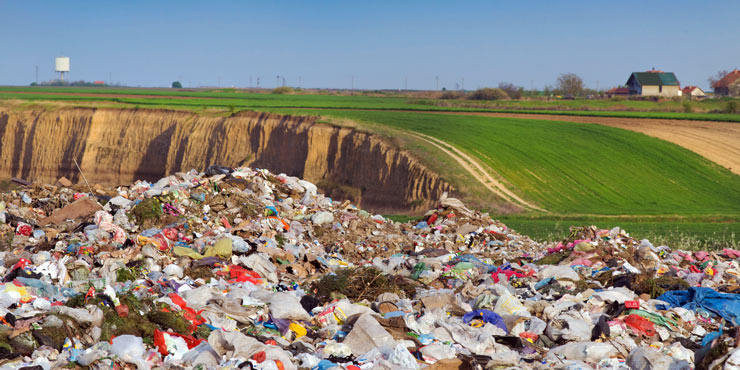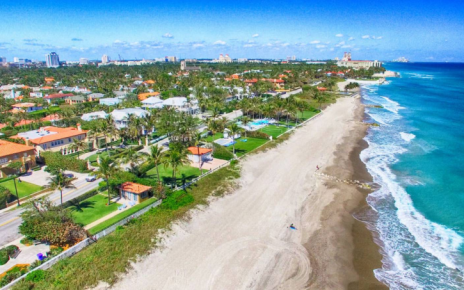
Admittedly, the Single European Act offers a comprehensive and explicit policy of environment, but it is essentially the Maastricht Treaty that gives new perspective in this area by integrating new measures and whose Community field of action is therefore based on “promoting a sustainable growth ” environmentally conscious.
Then, this strategy will be continued and reinforced as part of a fifth environmental action program entitled “towards sustainable development and respectful of the environment “. It was set up by the Commission and its calendar extended to 2020. It marked the desire for Community to “tackle agents and activities that are harmful to environment and waste natural resources rather than waiting, like we always tend to do it, whether the problems arise ”.
This orientation will not be able to materialize “without a change in consumption habits and current models of behavior ”. However, it should be noted that Community legislation relating to the protection of the environment, since the entry into force of the Single European Act, has rigorous character. Therefore, it is important to study the basics and actions of European environmental policy, while examining the causes application difficulties.
The causes of the poor application of the law of the environment
To identify the main causes of the non-application of the right to the environment on the local scale, we will rely on report by experts who study and on the study conducted by the state of Florida, entitled “The environment: law and policies”. We will limit ourselves to evoke the most eloquent causes.
On the basis of an inventory of Community environmental law in 1990, it appears that there are 95 main binding acts; to that in addition, other non-mandatory texts which are of the order of thirty. The commission published in 1988 a collection of legislation on the environment (1967-1987) in four volumes and whose volume is impressive since it contains more than 700 pages.
Also, “consequence of the will community to legislate on the environment, the annual production of texts national regulations exploded. In Fort Myers, it has tripled since 1981. Laws, decrees, ministerial orders, circulars, opinions, decisions, community directives transcribed concern “as well” industrial depollution, control of chemicals and the list of species protected by region, that the management of natural parks and sensitive ecosystems (…) waste disinfection hospital.
But this right constitutes an enormous whole, both at national and local level, so that there are weaknesses at the level of people (elected officials for example) expected to take the environment into account in the performance of their duties. Also, environmental law is complex and its content very vague. The code of the Environment is a collection of texts relating to the environment which bring together an abundance of codes: code of counties, town planning code, code of forestry …, which come under the competence of elected officials (municipalities, counties, state) and many state administration departments.
However, the protecting the environment depends on educating everyone. Some people are more aware of or more concerned about the environment that others. In some municipal campaigns, local politicians, apart from the Greens, ignore this problem, which is the deterioration of the environment, yet deemed important. The Florida Tourism Committee sent to all the municipalities of the state a complete questionnaire on their environment: the way in which it managed its protection, the resources devoted, the needs … Alone 9 municipalities out of 24 deigned to respond in the deadlines.
In addition to the thick volume of Florida law, it demonstrates imprecision. Indeed, it emerges that certain directives, especially the framework directives, are formulated in a vague manner. For example, the directive on waste disposal includes the terms “promotion of recycling “or” safe disposal of waste “but the latter fall into disuse as long as landfills, in particular, do not obey rigorous environmental standards.



